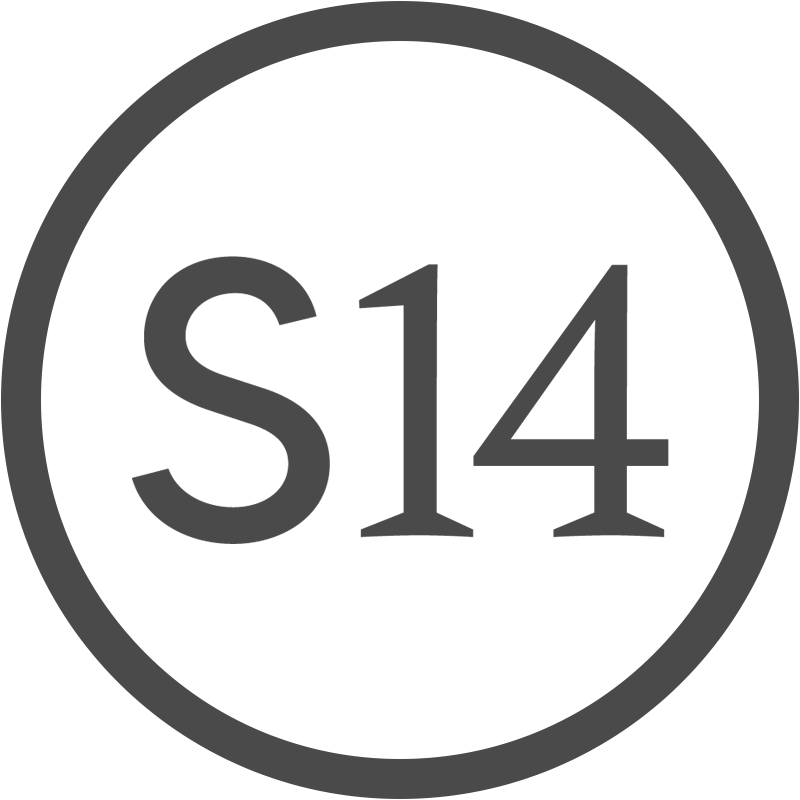HVT Stories
—June 12, 2023
IN JAZZ JUNE
This week Burlington is a rumble of noise. Musicians walk the streets with saxophones and speakers while festivalgoers socialize between sets. The air fills with scat sounds and drum beats. After months of cold air and root vegetables, we gesture to puppies and falafel stands with equal notes of admiration. We weave through the gathered crowds and the music rises around us.
The musicians warm up. Their fingers run the lengths of their instruments as they stretch and tune. Scales ring and sound rises as the trombone and saxophone work to find the center of their notes. The waves move faster and faster through tension before blending. The singer looks around to check her bandmates. The bassist fiddles with his amplifier once more before nodding. The count off comes and goes, a series of numbers and grunts. Then all at once sound rounds like a peach in the summer air—plump and full.
The trumpet player puts his lips to the horn. He trumpets himself to the sky—a ball of roaring rhythm and power. He smooths out the sound as three little girls in pink dresses sit ten feet in front of him with their hands over their ears. They look around at the crowd, mouths wide, wondering whether to laugh or cry. The singer shouts over his brassy melody and the two voices jump into conversation. It’s too much. It’s almost too much.
The trumpet player puts his lips to the horn. He trumpets himself to the sky—a ball of roaring rhythm and power. He smooths out the sound as three little girls in pink dresses sit ten feet in front of him with their hands over their ears. They look around at the crowd, mouths wide, wondering whether to laugh or cry. The singer shouts over his brassy melody and the two voices jump into conversation. It’s too much. It’s almost too much.
The musicians on stage begin to dance. They tense and relax with the sound—feet tapping and hair bouncing to the beat. The bassist walks as the trombonist shoots off with the melody. He moves his slide in quick glissandos, sending spit and soul through his horn in the same warm breath. The bassist whoops with him as he wails. The melody dies. Grows. Lives again. It bursts. The trombonist fills the air with growling and our chests boom with the bass drum.
As the sun sets our faces shine golden. The beers in our hands widen our smiles and increase the tempo of our swaying as the guitarist takes control of the song. He picks the same note for what feels like several minutes, wrinkling his nose like he’s coaxing a knot in the sound. He pulls new rhythms into the world. His legs buckle as he releases his fingers to touch new strings—strumming free from fixed melodies. He melds with his instrument, guitar and man moving like one music machine. He grips the strings like he’s afraid his guitar will run away. Maybe it will.
Heading
The sound swallows past motions; it darkens. It grows bigger than the eight human players. It rises free—a train flying off the tracks. The music meditates as it rises. We rise with it. An elderly man dances in front of the stage, his arms thrown over his head at unnatural angles. He leaps in his own interpretation of the melody. He writhes. He must think he’s some kind of bird, flapping his arms this way. He flies.
The keyboard player’s sound rises above the guitarist. He’s brightening it up now. He stands to wiggle his right leg—closing his eyes, he chases his own melody. The guitar joins the keyboard in a conversation of improvisation and the sound grows unrestrained. Our bodies pulse in time as the trombone fills every remaining space in the air with pedal tones and the trumpet screams on top of it all. This jazz is the opposite of whatever we are.
At every corner this jazz defies death. It fights consistency. No one knows what it’ll do next. There’s no stopping it now; it roars. The last phrase has already sighed. Every minute is its last minute. Then it grows; it shifts; it lives again. It puts off death another day, and it flies. The trombonist isn’t even playing a note anymore. He’s splattering sound and spitting power like fireworks. God bless America. The last of the notes falls and he falls too—a deflating balloon of brassy breath. Can we live like this? We want to live like this.
The sound settles. The rhythm plunges back into a steady groove and fades slowly out to nothing. When the song ends, the musicians open their eyes like waking from a dream. They joke with each other and nod in acknowledgement of what they’ve just done. We clap. “Wild.” My friend mouths the word over the sound. And all we know is that it was. And all we understand is that we can’t understand it. And when it ends, we stand still waiting, and wishing we could.
